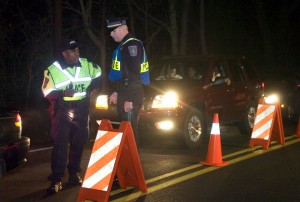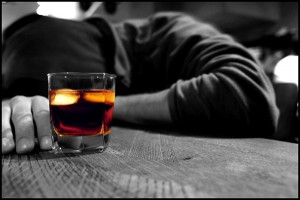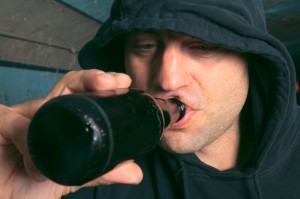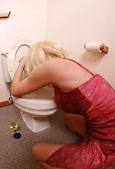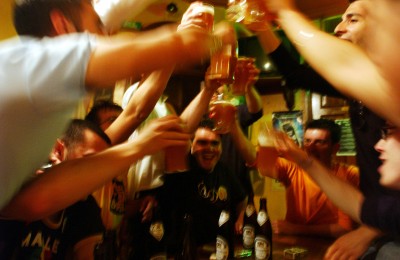Consequences of a DUI
Driving under the influence (DUI), or driving while intoxicated (DWI), is a serious criminal offense. A DUI can cost you money, your driving privileges, even your freedom. But there are other consequences of a DUI as well. Besides the legal repercussions, a DUI can have emotional, social, and even relationship consequences.
Consequences of a DUI: Legal
The penalties and requirements for drunken driving vary somewhat from state to state. However, due to the effort of advocacy groups like Mothers Against Drunk Driving, all 50 states have passes laws intended to crack down on drunk driving by increasing penalties and consequences of a DUI.
You are still innocent until proven guilty in this country, but if you took a breath or blood test that recorded your blood alcohol content at 0.08 or above, you will be convicted of drunk driving. It does not matter if you did not appear intoxicated, if you have a BAC of above 0.08, you can be convicted under the “per se” laws in all 50 states.
Once you are convicted of drunk driving in court, you will be ordered to pay a fine, court costs, and will have your driver’s license revoked for a period of time. In some states, you will face jail time. From state to state, the amount of fine and the length of license revocation and the jail time will vary. However, in every state, the consequences of a DUI include a fine and license revocation.
Consequences of a DUI: Social
The consequences of a DUI also include social consequences. Your revoked license can cause you to have difficulties getting to work or school or to social events. Your peers may judge or ostracize you for getting a DUI. You may not get a job, be passed up for career advances, or be denied admission to the school you want to attend. A DUI will increase your insurance rates and it may increase your mortgage or other loan rates.
Consequences of a DUI: Emotional
Some of the consequences of a DUI are emotional consequences. You may feel sad, angry, or ashamed. Those that get into traffic accidents while under the influence are prone to developing Post Traumatic Stress Disorder (PTSD). This disorder often includes experiencing flashbacks and unpleasant memories of the crash scene. PTSD can interfere with a person’s thoughts and awareness.
Another of the emotional consequences of a DUI involves being branded a criminal. In the time it takes for someone to be pulled over and arrested, they have gone from viewing themselves as an upstanding member of society to a common criminal. When you get handcuffed, put in the back of a cop car, taken to the police station, have fingerprints and mug shots taken, and put in a cell, it can be devastating emotionally.
Consequences of a DUI: Relationship
You can also experience relationship consequences of a DUI. Most people who are convicted of a DUI don’t even realize that their actions can negatively affect their relationships with other people. Loved ones may feel betrayed, disappointed, worried, or sad.
http://www.myduiattorney.org/dui-tips/emotional-impact-of-dui.html
http://www.wedodui.com/FAQ/Consequences-of-a-DUI.aspx
http://www.duifoundation.org/support/emotional/

